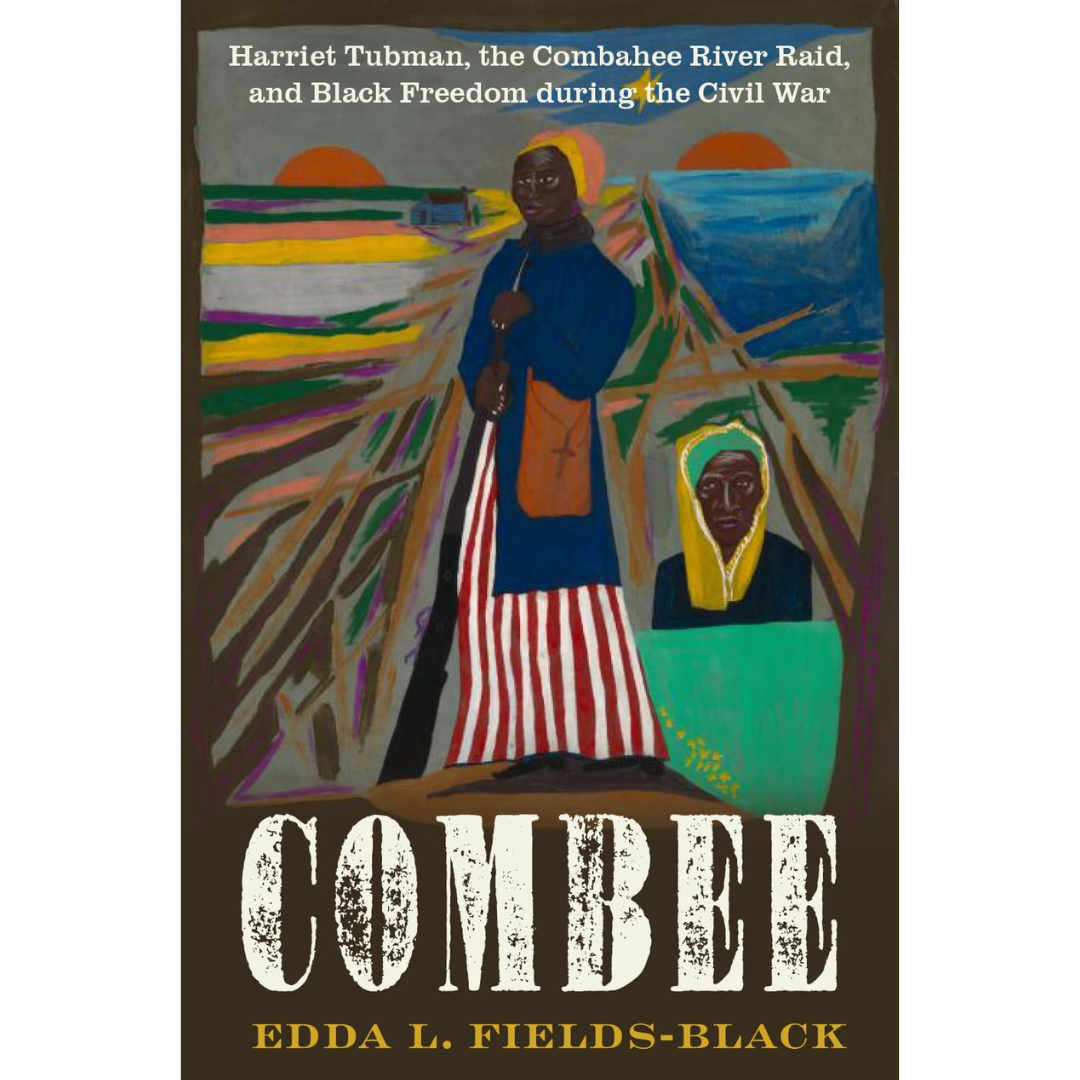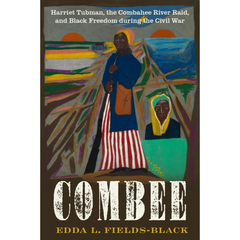Before you leave...
Take 20% off your first order
10% off
Enter the code below at checkout to get 20% off your first order


Couldn't load pickup availability
Free standard shipping on orders over SAR-150
Readifyy.com delivers books to all cities across Saudi Arabia. Please note that certain titles or items may be restricted for delivery due to publisher or regional regulations.
When you place an order, we will provide an estimated shipping and delivery date based on the availability of your items and the shipping option you choose. Delivery timeframes depend on your location and the selected courier service. Estimated delivery dates may appear on the shipping quotes page during checkout.
We offer free delivery on all orders over 150 SAR. Standard shipping rates will apply for orders below this amount, as shown during checkout.
If your package is lost, arrives damaged, or is delayed, please contact Readifyy Customer Support within 7 days of the expected delivery date. We will investigate the issue and arrange a suitable resolution.
For any questions or assistance, feel free to contact us at readifyy01@gmail.com.
At Readifyy.com, we ensure every book is carefully packed and delivered in excellent condition. Returns or exchanges are accepted only if the item you received is damaged, incorrect, or contains three (3) or more blank pages that affect readability.
If you receive a damaged or wrong book, you can request an exchange within 48 hours of receiving your order. Please contact our customer support team and provide clear photos of the issue for verification.
Once your exchange request is approved, our team will guide you through the replacement process. Refunds are only issued if the same book is not available for replacement.
Books that are in good condition, opened, or returned for personal reasons are not eligible for exchange or refund.
For any assistance or to file an exchange request, please contact us at readifyy01@gmail.com.
The story of the Combahee River Raid, one of Harriet Tubman's most extraordinary accomplishments, based on original documents and written by a descendant of one of the participants.
Most Americans know of Harriet Tubman's legendary life: escaping enslavement in 1849, she led more than 60 others out of bondage via the Underground Railroad, gave instructions on getting to freedom to scores more, and went on to live a lifetime fighting for change. Yet the many biographies, children's books, and films about Tubman omit a crucial chapter: during the Civil War, hired by the Union Army, she ventured into the heart of slave territory--Beaufort, South Carolina--to live, work, and gather intelligence for a daring raid up the Combahee River to attack the major plantations of Rice Country, the breadbasket of the Confederacy.
Edda L. Fields-Black--herself a descendent of one of the participants in the raid--shows how Tubman commanded a ring of spies, scouts, and pilots and participated in military expeditions behind Confederate lines. On June 2, 1863, Tubman and her crew piloted two regiments of Black US Army soldiers, the Second South Carolina Volunteers, and their white commanders up coastal South Carolina's Combahee River in three gunboats. In a matter of hours, they torched eight rice plantations and liberated 730 people, people whose Lowcountry Creole language and culture Tubman could not even understand. Black men who had liberated themselves from bondage on South Carolina's Sea Island cotton plantations after the Battle of Port Royal in November 1861 enlisted in the Second South Carolina Volunteers and risked their lives in the effort.
Using previous unexamined documents, including Tubman's US Civil War Pension File, bills of sale, wills, marriage settlements, and estate papers from planters' families, Fields-Black brings to life intergenerational, extended enslaved families, neighbors, praise-house members, and sweethearts forced to work in South Carolina's deadly tidal rice swamps, sold, and separated during the antebellum period. When Tubman and the gunboats arrived and blew their steam whistles, many of those people clambered aboard, sailed to freedom, and were eventually reunited with their families. The able-bodied Black men freed in the Combahee River Raid enlisted in the Second South Carolina Volunteers and fought behind Confederate lines for the freedom of others still enslaved not just in South Carolina but Georgia and Florida.
After the war, many returned to the same rice plantations from which they had escaped, purchased land, married, and buried each other. These formerly enslaved peoples on the Sea Island indigo and cotton plantations, together with those in the semi-urban port cities of Charleston, Beaufort, and Savannah, and on rice plantations in the coastal plains, created the distinctly American Gullah Geechee dialect, culture, and identity--perhaps the most significant legacy of Harriet Tubman's Combahee River Raid.
Thanks for subscribing!
This email has been registered!


Take 20% off your first order
Enter the code below at checkout to get 20% off your first order